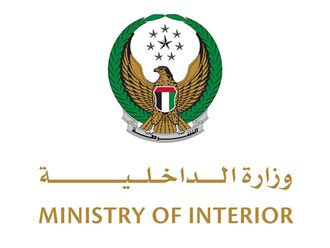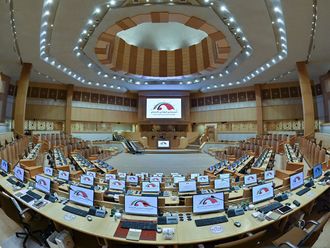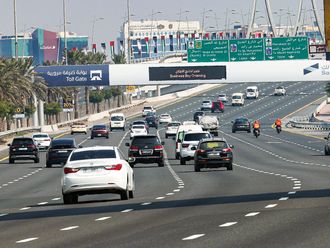
Dubai: The election of President Donald Trump in the United States is having a major negative knock-on effect with Arab youth in 16 countries polled as part of this year’s Arab Youth Survey.
Not long after completing his first 100 days as president in the White House, Trump’s controversial executive orders such as the failed travel bans on Muslim-majority countries appear to not have been embraced favourably by a majority of 3,500 Arab youth interviewed in 16 countries.
One of the chief findings of the survey is the revelation that the United States is no longer considered the top non-Arab ally by Arab youth respondents, a slot now taken by Russia.
This year’s polling results showed the United States dropping from the top non-Arab ally position by eight points to 17 per cent, while Russia climbed 12 points to take top spot at 21 per cent.
That compares with Saudi Arabia being viewed as the number one ally of all Arab countries as viewed by youth surveyed.
Arab youth responded that their top concern ranking at 25 per cent was Trump’s victory, which they said is more consequential for the Arab region in the next five years than all other concerns such as oil prices or Daesh (the self-proclaimed Islamic State of Iraq and the Levant) losing ground.
Further, nearly two-thirds of Arab youth said they were concerned, angry and feared Trump’s presidency.
As many as 64 per cent of youth used negative words — such as concerned, scared or angry — to describe Trump’s presidency while only 19 per cent view it as positive, with words such as excited, optimistic or hopeful.
Curtis Freet, CEO of PSB Research, the polling firm that conducted the survey, noted that five in six Arab youth viewed Trump as unfavourable with a far higher score for likeability than past presidents.
In fact, Trump was ranked by 89 per cent of respondents as unfavourable as compared to 77 per cent for former President George W. Bush and 45 per cent for former President Barack Obama.
Freet said Trump’s failed travel bans didn’t go over well with Arab youth, 49 per cent of whom said that the bans would make it easier for terror groups to recruit young Muslims.
The survey showed that 70 per cent of Arab youth believe Trump is anti-Muslim.
But, much of the anti-Trump sentiment was offset in the survey by the fact that the United States was still selected as the second most-preferred country in which Arab youth would like to live.










